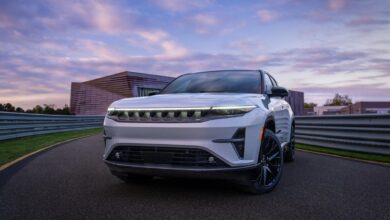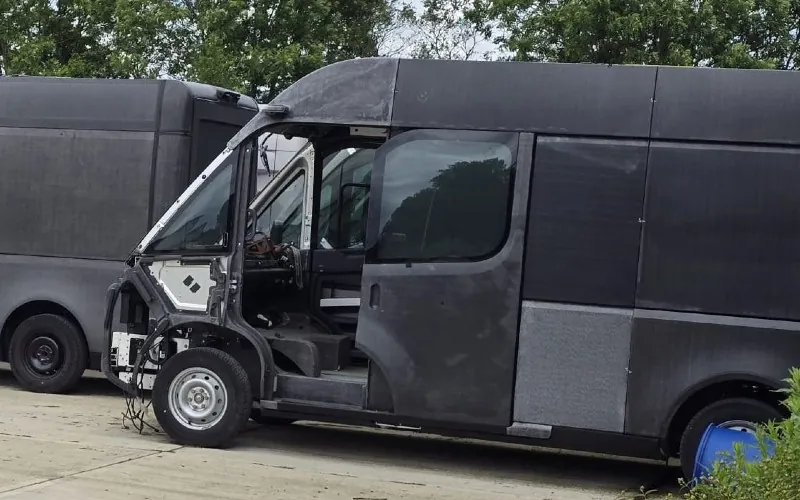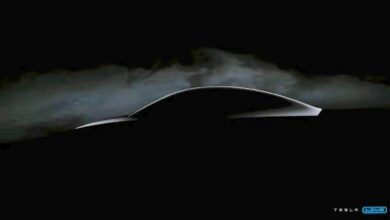EV interest waning amid concerns over cost, charging
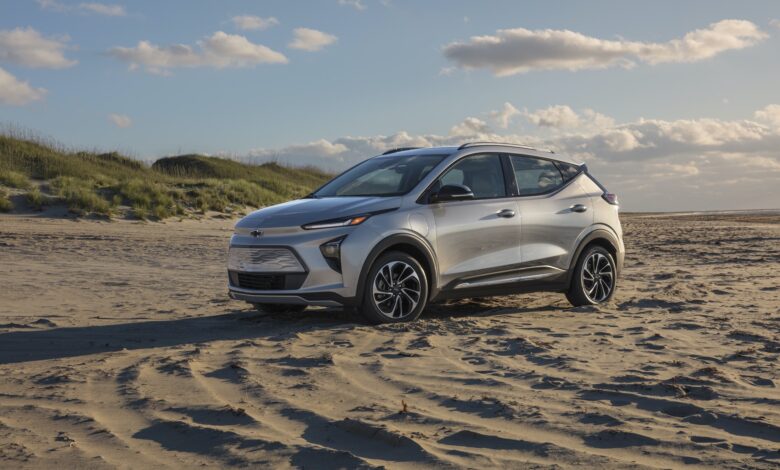
Consumer interest in EVs has decreased compared to last year, according to a new J.D. Power study.
On Thursday, J.D. Power released the results of its 2024 U.S. Electric Vehicle Consideration study. For the first time since the study’s launch in 2021, analysts saw a decline in consideration of EVs by new-car shoppers.
Of those car shoppers surveyed, 24% said they were “very likely” to consider purchasing an EV—down from 26% a year ago. The share of respondents who said they are “overall likely”to consider purchasing an EV also decreased, from 61% in 2023 to 58% this year.
2024 Nissan Leaf
One of the main factors behind diminished EV interest was affordability. In statement, J.D. Power executive director of EV intelligence Stewart Stropp cited “the continued shortage of affordable vehicles” as one of the “main roadblocks” to getting more consumers behind the wheel of an EV.
The lack of affordable EV models is causing consideration to drop among the Gen Z and Gen Y buyers who are otherwise most excited about EVs. The share of Gen Z and Gen Y buyers “very likely” to consider an EV was down 2 and 5 percentage points year over year, respectively. However, that still leaves 24% of Gen Z and 32% of Gen Y respondents that are “very likely” to consider one—the two highest ratios amount generational demographics.
High interest rates and inflation—which also impact affordability—were two other factors in the decline in EV interest, according to J.D. Power. And while incentives can help make EVs more affordable, 40% of respondents said they did not have a solid understanding of such incentives. The drop in tax credit availability for many models likely hasn’t helped, either.
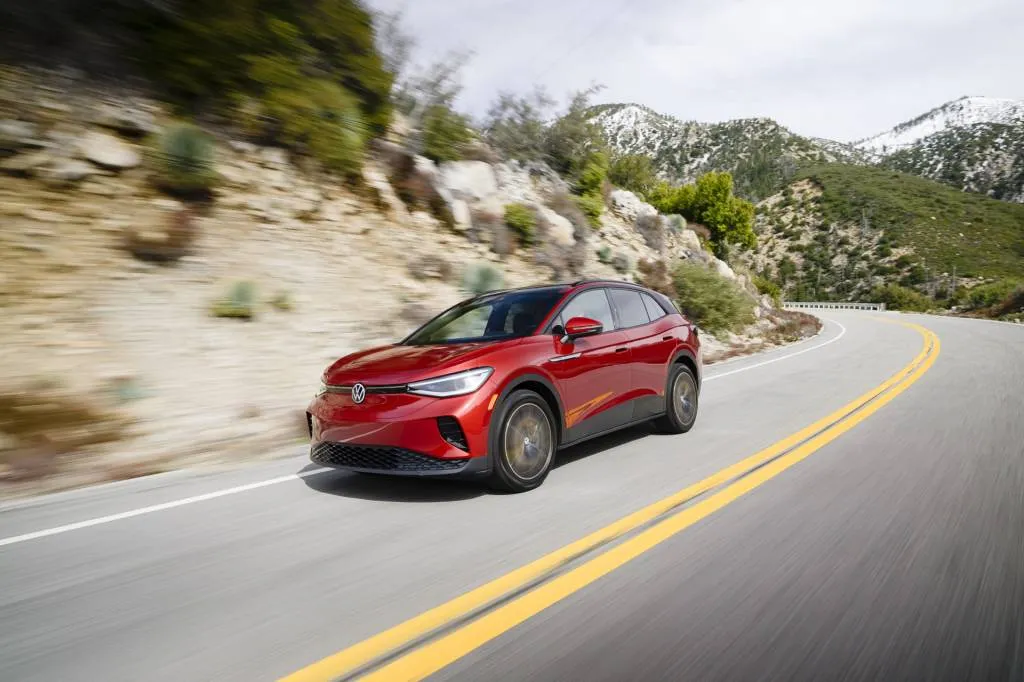
2024 Volkswagen ID.4
Charging also remains an issue. Among respondents said they were “somewhat unlikely” or “very unlikely” to consider an EV, 52% cited lack of charging station availability as a reason. This figure increased 3 percentage points year over year. A previous J.D. Power study also found that charge times, as total ownership costs, may be holding shoppers back from EV purchases.
The study also found that drivers with long commutes are less likely to consider EVs. They might potentially benefit the most from them in ownership costs, but with lower gas prices and increased charging anxiety, those who drive the most daily miles are shying away from EVs, according to J.D. Power. Instead we’ve seen that Americans all too often buy vehicles for the one trip or scenario they might only need once a year.
Even as gas prices rise again and charging networks grow and become more reliable, the dearth of affordable EV models may soon become the true issue without more market entries.
